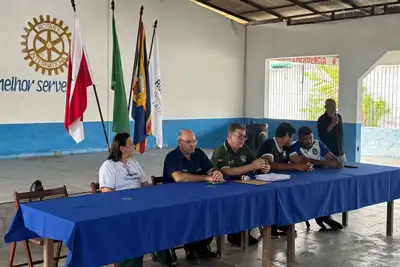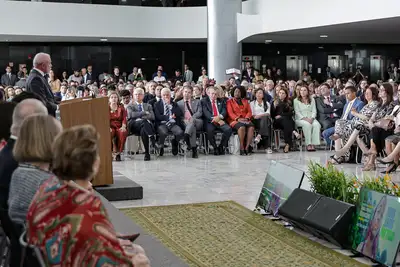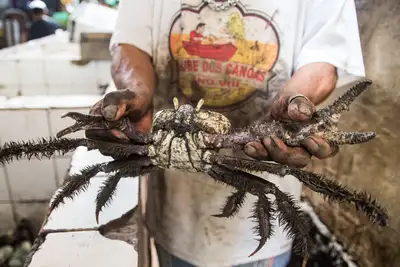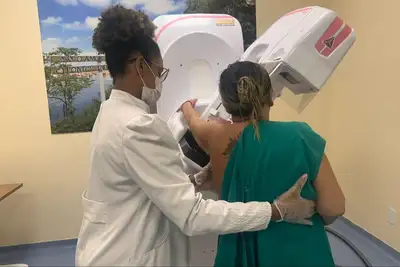World No Tobacco Day: HOL data reveals direct link between cigarettes and cancer
Oncologist Danielle Feio warns about the risks of smoking, which remains one of the leading preventable causes of death worldwide
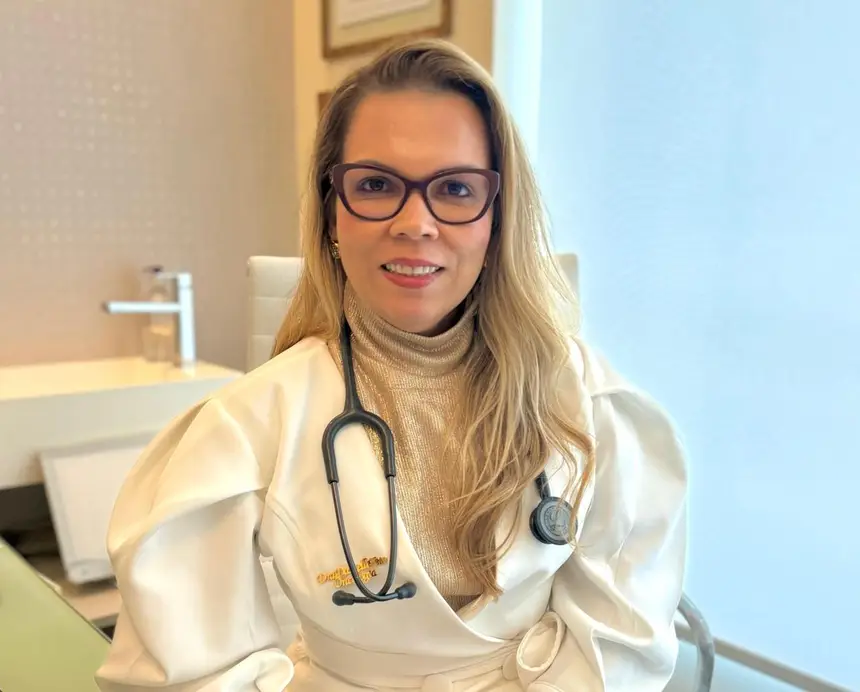
Today, May 31, is celebrated as World No Tobacco Day, a date aimed at raising awareness about the risks of smoking. Despite the global reduction in the number of smokers, the problem still persists significantly. According to the World Health Organization (WHO), in 2022, 1 in 5 adults worldwide was a smoker, a considerable drop from the year 2000, when that number was 1 in 3. Still, there are 1.25 billion smokers on the planet, making tobacco responsible for the deaths of more than 8 million people every year.
Smoking remains one of the main risk factors for various types of cancer, especially those affecting the airways and the digestive system. Data from Ophir Loyola Hospital (HOL), a reference in oncological treatment in the region, reveal the extent of this impact on the health of the population.
A survey conducted by the hospital registry pointed to cases of cancer in the year 2022 related to tobacco consumption. Of the total of 3,830 people evaluated, 165 (4.3%) were smokers, 1,615 (42.2%) were former smokers, and 2,050 (53.5%) had never smoked. Among them, 1,798 (42.6%) were aged between 60 and 79 years, and 1,595 (37.8%) were aged between 40 and 50 years.
Between 2023 and April 2025, HOL recorded approximately 1,300 cases of cancers strongly associated with tobacco use. Of this total, lung cancer leads the records, with 680 cases. Following that is oral cavity cancer, which accounted for 470 cases during the period. Esophageal cancer recorded 150 cases.

The scenario reinforces the warning from health authorities about the harms of smoking, which remains one of the leading preventable causes of death worldwide. In addition to being related to more than 50 diseases, smoking has a direct link to various types of cancer, compromising the quality of life of patients and overburdening health systems.
Oncologist Danielle Feio from Ophir Loyola Hospital emphasizes that the impacts of smoking go far beyond lung cancer. “Smoking does not only cause lung cancer. It is also directly associated with tumors of the mouth, esophagus, bladder, stomach, and several others. Smoking is the leading preventable cause of death in the world. Therefore, it is essential that people become increasingly aware of the risks that this habit brings,” she warned.
In addition to the direct harm to smokers, secondhand smoke poses a serious health risk to those who live with them, especially children and family members. According to the oncologist, exposure to someone else's smoke has serious and often underestimated consequences.
“Cigarettes are harmful not only to those who smoke. Secondhand smoke is extremely harmful and often underestimated. Those who live with smokers, especially at home, are also exposed to the toxic and carcinogenic substances in the smoke. This considerably increases the risk of lung cancer, cardiovascular diseases, respiratory diseases, and even sudden death in children. It is a silent but real risk that affects the whole family,” she warned.
Among the patients facing the consequences of smoking is the caretaker Dilma Oliveira Guimarães, 64, who is currently undergoing treatment at HOL. Alongside her daughter, Helen Cristina Guimarães, she faces the disease with faith, courage, and, above all, with the support of her family, which has been fundamental at this moment. Emotionally, Dilma leaves a message for those who have not yet managed to quit smoking.
“If I could give one piece of advice, it would be, don’t smoke. Don’t make the mistake I made in the past. Today I am here, facing pain, hoping that it is not something serious, but you never know… I worked a lot in the fields, made smoke to scare away mosquitoes, and I also smoked. Maybe all of this contributed. Now, what gives me strength are my children, my grandchildren, my mother, who is already elderly, and all my family. I want to get better for them, to be able to go back home, take care of my loved ones, and live to see my great-grandchildren grow up,” she shares.
Text by David Martinez, under the guidance of Leila Cruz


